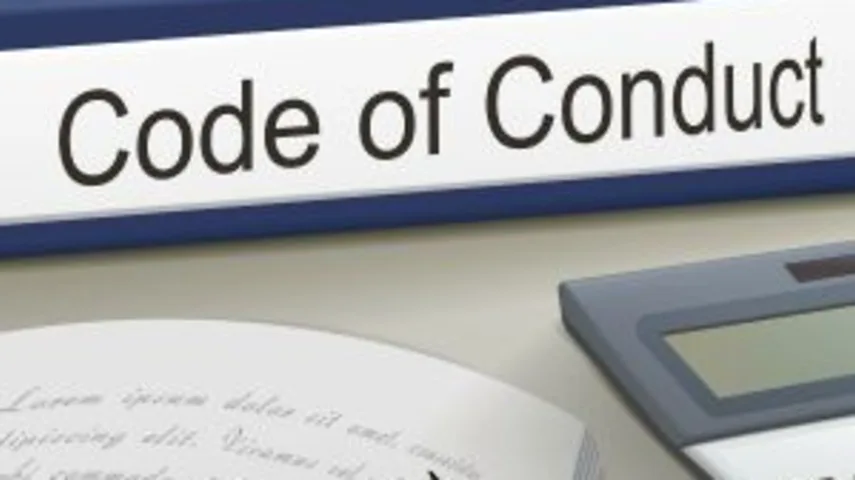Changes to accounting ethics standards forcing industry change



As the Financial Adviser Standards and Ethics Authority (FASEA) proposes a new ethics standard for all advisers come 1 January 2019, the accounting sector reflects on pressures in the industry and changes to business following the introduction of the Code of Ethics for Professional Accountants.
The changes to the Code now require accountants to report a client’s non-compliance under certain circumstances, forcing them to no longer “turn a blind eye”, according to managing director of Platinum Professional Training, Coco Hou. Accountants who fail to report non-compliance may face serious consequences.
“While accountants are trained to be highly ethical, there is no doubt that some accountants turn a blind eye to suspected compliance issues or they take their client’s word for it that all is fine because they are under significant pressure to bill and retain clients,” said Hou.
She said while confidentiality has always been a hallmark of the profession, she was confident the changes to the Code would raise ethical standards throughout the business and accounting sector.
“Hopefully, the latest changes to the code signal to businesses that accountants will no longer be able to maintain confidentiality where there are compliance issues that need to be reported,” she said.
Once changes to the ethics standards were made known to businesses, Hou said voluntary compliance would become more widespread.
“Businesses are going to make more of an effort to ensure they are doing the right thing and this means they will involve accountants more closely in their business to ensure new systems and governance arrangements are being implemented in a fully compliant manner.”
Recommended for you
As the end of the year approaches, two listed advice licensees have seen significant year-on-year improvement in their share price with only one firm reporting a loss since the start of 2025.
Having departed Magellan after more than 18 years, its former head of investment Gerald Stack has been appointed as chief executive of MFF Group.
With scalability becoming increasingly important for advice firms, a specialist consultant says organisational structure and strategic planning can be the biggest hurdles for those chasing growth.
Praemium is to acquire an advanced technology firm for $7.5 million, helping to boost its strategy to be a leader in AI-powered wealth management.











